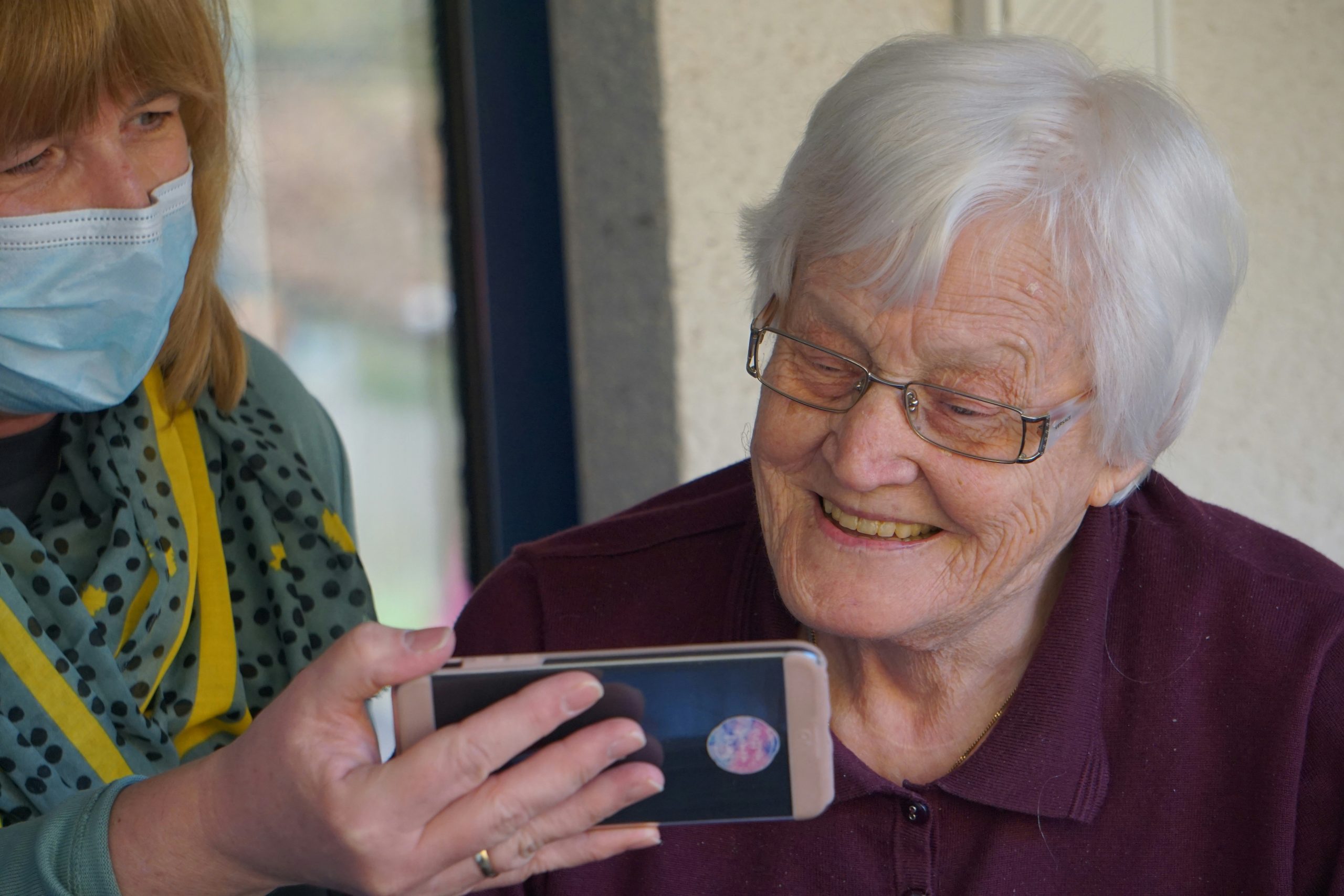by Tom Maling and Mitch Evelyn
We recently received a question in response to our article What Duty of Care does a Nursing Home Have? It was a good question:
Have you considered the duty of care not to release a person with dementia, unable to decide for themselves, into the care of another without the consent of the person with power of guardianship?
This raises 2 equally important issues:
- What is the scope of a nursing home’s duty of care in this instance?
- What does the power of guardianship allow?
What is the scope of a nursing home’s duty of care in this instance?
A nursing home has a duty of care to reduce or eliminate foreseeable risks of harm to a resident. For this example we are assuming that the person with dementia has no decision-making capacity.
While nursing homes have an obligation to ensure the physical safety of residents with dementia, whether they can prevent a resident from being visited or released into the care of another person is not entirely straight forward. All people have a right to freedom of movement. This does not change if you have dementia. If that freedom is infringed by a nursing home they would likely to liable for false imprisonment, a claim under civil law.
However, If the nursing home is aware that allowing a resident with dementia to be released into the care of another may create a foreseeable risk of harm to the resident, then it is probable their duty of care would extend to not allowing the resident to leave the facility. For example, a nursing home’s duty of care would require them to not allow a stranger or a family member who had abused or mistreated that person to remove the resident from the facility.
We have had enquiries from families where because of a family dispute, one family member does not want another to be able to have access to a person in a nursing home. In those circumstances, there is no risk of harm to the resident and the nursing home has no authority to restrict the movement of the resident. In that case, the nursing home would be liable for a false imprisonment claim and possibly assault/battery if they prevented the resident from visiting the family member.
In summary:
- A nursing home has a duty of care to prevent or eliminate foreseeable risks of harm.
- If allowing a resident who does not have decision-making capacity to leave with someone creates a risk of harm, then their duty of care likely requires them to prevent the resident from leaving.
- If there is no known risk of harm and a nursing home prevents a resident from leaving, or restricts their freedom of movement, they have committed false imprisonment.
What does the power of guardianship allow?
Every State and Territory has different laws about this, however there are some general principles which generally appear, in one form or another, across the country.
In both the Guardianship Act 1987 (the NSW Act) and the Powers of Attorney Act 2006 (the ACT Act), people are appointed as guardians with certain “functions”, and required to exercise their functions in line with some general “principles”.
- A “function” is a power which the guardian has – such as deciding where someone lives, what services they receive, and what healthcare they receive (what a guardian can do);
- A “principle” is something which the guardian needs to take into account when they exercise a function (how a guardian decides what they actually will do).
These general principles include:
- limiting the freedom of action and freedom of decision of the person as little as possible;
- taking into account the persons wishes as much as possible and allowing them to participate in decisions that affect them;
- preserving the family relationships and cultural and linguistic environments of the person; and
- protecting the person from neglect, abuse or exploitation.
Applying these principles is not always black and white. Sometimes, the principles might conflict with each other. For example, it would be irresponsible to allow even a close family member to be left unsupervised in the presence of a vulnerable person if there are genuine reasons to believe that there is abuse or exploitation taking place. It could also be very hard to tell how much limitation on a person’s freedom is appropriate, or for the person to communicate their wishes.
Importantly, the guardian must keep in mind at all times that they are a guardian, not a gaoler. The guardian’s role is to help the person to do what they want to do (or would want to do, if they were able to communicate their wishes), as best as possible. This may mean empowering the person to make and carry out decisions which the guardian does not agree with, or associate with people who the guardian does not like.
It also bears keeping in mind that if a person is able to make their own decisions, they are perfectly entitled to overrule the decisions of their guardian, or the nursing home staff. A nursing home is a home, not a prison.
This is why it is very important to only appoint a guardian who is trusted implicitly, and who knows and understands your needs and desires, and who cares about your happiness and dignity, as well as your health.
If a guardian breaches these principles, then they may be committing elder abuse, or neglect. These are grounds to bring the matter before the appropriate Tribunal – the guardian may have their guardianship reviewed, have reporting requirements placed on them, or even have their appointment terminated.
Can nursing homes prevent a person with dementia from leaving the facility?
The answer is simply it depends on the circumstances. If there is a risk of harm to the resident, and the nursing home has been put on notice of the risk of harm, then the nursing home must do what is reasonable to eliminate or reduce that risk. It is entirely plausible that if the risk of harm arises from being in the presence of a particular person, then a duty falls on the nursing to do what is reasonable. This may be:
- Contacting the guardian or power of attorney to identify the issue with them;
- Contacting the police in cases of emergencies;
- Preventing the resident from being removed from the premises in the least restrictive way (and contacting the police) for the least amount of time;
- Supervising the interaction between the resident and the person.
What is clear is that a nursing home cannot turn a blind eye. It would not, in our opinion, be sufficient for a nursing home to not intervene in any fashion once they are aware of a risk of harm, particular to residents who may be vulnerable due to physical or mental disabilities.
About Elringtons
Elringtons is a South-Eastern NSW law firm based in Canberra and Queanbeyan. We cater for all areas of Southern NSW. We have particular expertise in health and medical law and elder law, as well as a range of other services.
Further reading

elringtons lawyers regularly provide legal advice in relation to a range of health law matters. Please contact our Health Law Team for more information or to make an appointment call (02) 6206 1300













